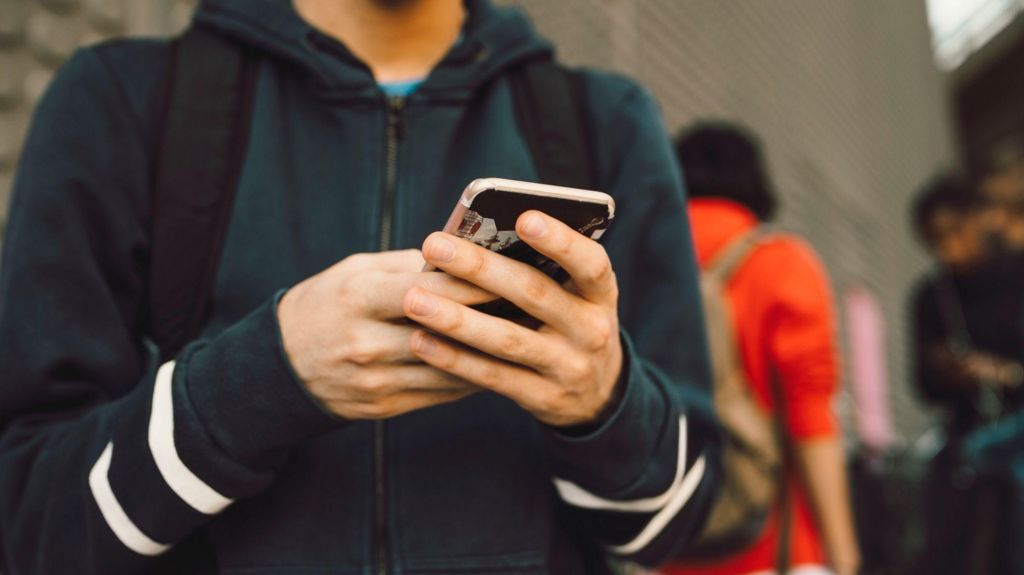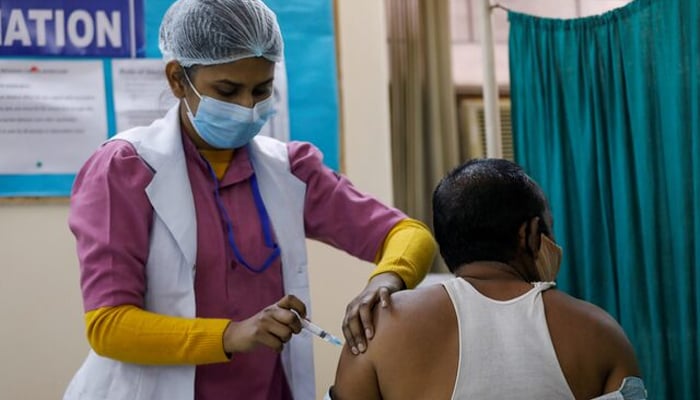
Instagram adds features to help stop sextortion

Instagram will stop people from being able to screenshot or screen-record images and videos intended to be viewed once, as part of "ongoing efforts" to prevent sextortion on the platform.
Its parent company Meta announced features on Thursday aimed at protecting teens from being tricked into sending intimate images to scammers and blackmailed over them.
Previously tested tools that blur nude images in messages, and hiding the follower and following lists of users from potential sextortion accounts, will also be made permanent.
It comes as the UK's communications watchdog Ofcom warns that social media companies will face fines if they fail to keep children safe.
The NSPCC said the moves were a "step in the right direction".
But Richard Collard, its associate head of child safety online policy, said that "questions remain as to why Meta are not rolling out similar protections on all their products, including on WhatsApp where grooming and sextortion also take place at scale".
Law enforcement agencies around the world have reported a rise in the number of sextortion scams taking place across social media platforms, with these often targeting teenage boys.
The UK's Internet Watch Foundation said in March that 91% of the sextortion reports it received in 2023 related to boys.
New tools will include preventing the ability to screenshot images and videos sent in Instagram messages with its "view once" or "allow replay" mechanisms - which can be selected by users when sending an image or video in Direct Messages. This will also apply to the web version of Instagram.
Antigone Davis, Meta’s head of global safety, said a new Instagram campaign aims to give children and parents information about how to spot sextortion attempts in case perpetrators evade its tools for detecting them.
"We have put in built-in protections so that parents do not have to do a thing to try and protect their teens," she told BBC News.
"That said, this is the kind of adversarial crime where whatever protections we put in place, these extortion scammers are going to try and get around them."
What is sextortion?
Sextortion, which sees scammers trick people into sending sexually explicit material before blackmailing them, has become a dominant form of intimate image abuse taking place online.
The shame, stress and isolation felt by victims of sextortion crimes, often harassed and told their images will be shared publicly if they do not pay blackmailers, has led some to take their own lives.
Ros Dowey, the mother of 16-year-old Murray Dowey, who took his own life in 2023 after being targeted by a sextortion gang on Instagram, previously told the BBC that Meta was not doing "nearly enough to safeguard and protect our children when they use their platforms".
‘Built-in protections’
Meta said its new safety features and campaign are designed to build on tools already available to teens and parents on the platform.
It will also hide people's follower and following lists from potential sextortion accounts.
Sextortion expert Paul Raffile told the BBC in May that sextorters try to find teen accounts in following and follower lists after searching for high schools and youth sports teams on platforms.
Meta is currently moving under-18s into Teen Account experiences on Instagram with stricter settings turned on by default – with parental supervision required for younger teens to turn them off.
But some parents and experts have said safety controls for teen accounts shift the responsibility of spotting and reporting potential threats onto them.
Dame Melanie Dawes, the chief executive of the regulator Ofcom, told the BBC said it was the responsibility of the firms - not parents or children - to make sure people were safe online ahead of the implementation of the Online Safety Act next year.











